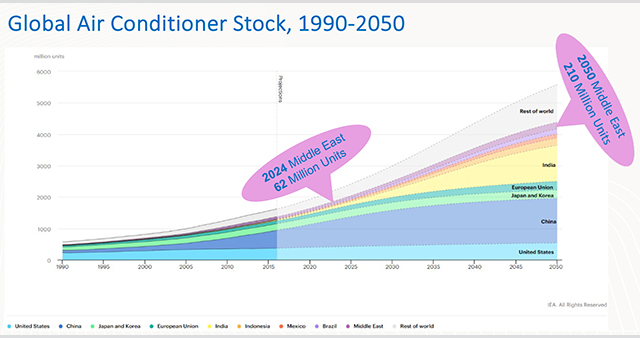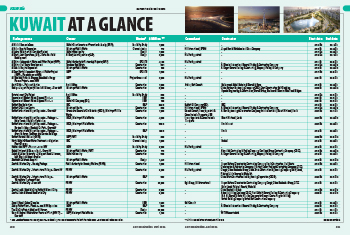.jpg)
BIDDERS shortlisted for a key contract to provide project management consultancy (PMC) services for the Oman National Railway project have been instructed to extend their bid bonds by a further two months, according to a newspaper report.
In total, three consortiums each led by a prominent international engineering heavyweight are in contention for the prestigious PMC package, an award that has been delayed for several months, said the Oman Observer.
An earlier set of bid bonds submitted by the groups had expired, prompting the Tender Board to direct all three consortiums to extend their validity by a further two months.
Leading the fray in the race for the keenly anticipated contract is the consortium headed by Korea Rail Network Authority (KRNA) which, with a quote of RO34.29 million ($90 million) and RO106.80 million ($277 million – inclusive of construction supervision), has emerged as the lowest bidder for the PMC package. The consortium also groups Dohwa Engineering of South Korea, National Engineering Office (NEO) of Oman, First China Railway, and Balaji Railroad Systems (India).
Also in the reckoning are consortiums headed by Spain-based contractor Técnicas Reunidas which quoted a value of RO59.54 million ($155 million) and RO165.09 million ($428 million – with construction supervision), and Parsons International which quoted RO78.77 million ($204.6 million) and RO185.97 million ($483 million – with construction supervision).
The successful bidder is required to, among other things, undertake a complete review of the preliminary design work of the network already prepared by Italferr, the preliminary design consultant for the Oman National Rail project.
Additionally, the PMC will review the contract process, extend contract management and construction supervision, and provide project management services. Part of its brief is to oversee the procurement of rolling stock and procurement of the services of a rail transport operator in coordination with the government. It will also be responsible for testing and commissioning of the completed railway system of each segment planned for the project.
Meanwhile, Oman Rail has called on local companies and businesses to participate in the development of the mammoth railway network.
The company has announced new procurement opportunities for all vendors, including small and medium enterprises (SMEs), in line with its goal of keeping “every rial spent on the project within Oman”.
“The idea is to maximise the local procurement of services and products and utilise the potential of Omani enterprises as much as possible,” a rail official told Times of Oman.
Registration is open on its online portal to all vendors who can provide products and services for any part of the rail value chain – from construction to operations and maintenance, regardless of size.
Successful applicants will be automatically invited to participate in the pre-qualification process.
Oman Rail is particularly seeking vendors in sectors such as engineering services, contracting, building materials, railways track materials, railway equipment and professional services.
The Oman rail project covers a distance of 2,244 km, divided into nine segments spanning from the Yemeni border in the south to the UAE border in the north. It is a double non-electrified track with a mixed freight and passenger traffic, a maximum speed of 120 kmph for freight trains and 220 kmph for passenger trains, and a maximum permissible axle load of 32.4 tonnes.
En route, the network will connect Khatmat Malaha, Sohar Port, Duqm Port, Salalah Port and all major cities and towns in between.
It will involve the construction of 35 km of tunnels and 40 km of bridges, 50 terminals and eight marshalling yards. In total, this will require 12,000 km of track, 10 million concrete sleepers and 40 million fasteners.





















_0001.jpg)


.jpg)
















.jpg)








.jpg)





.jpg)

